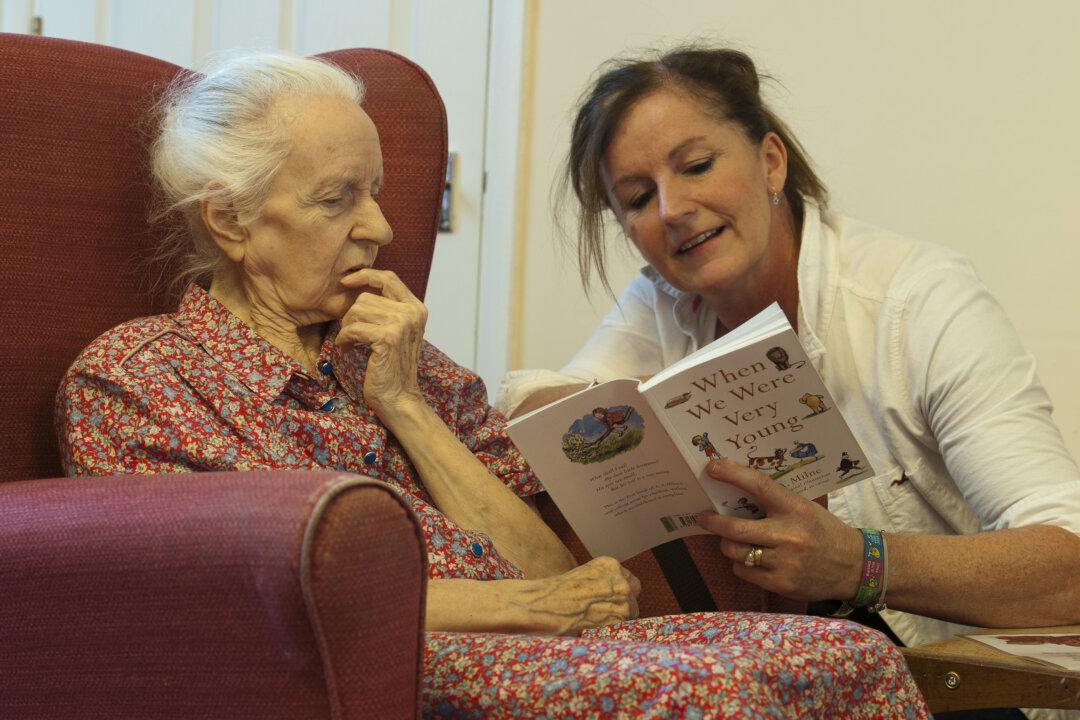Care homes are embroiled in disciplinary proceedings over the Government’s “shambolic” mandatory vaccination policy for staff, further adding to the workforce pressures they face, a care group has said.
The National Care Forum (NCF) said a number of its members estimate they will lose about 8 percent of staff by Thursday—the deadline for staff in England to get both jabs.




